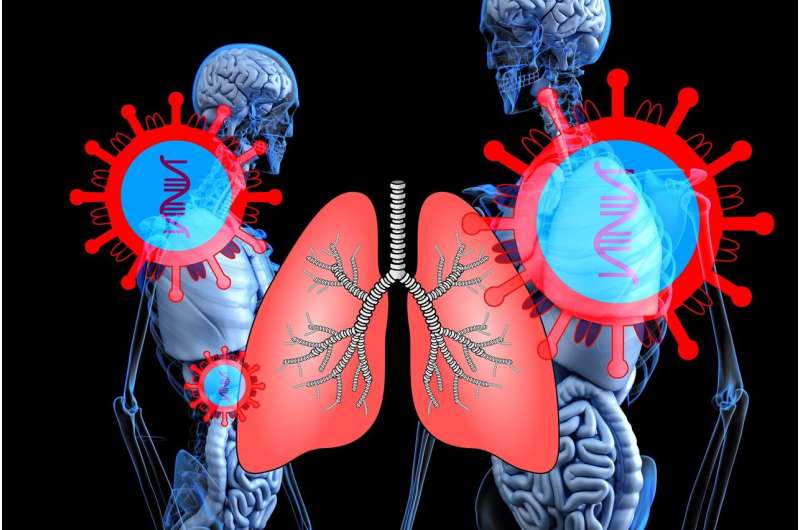Exploring the Surprising Role of Protein Aggregates in Brain Disease

New research uncovers how protein aggregates disrupt RNA processing in neurodegenerative diseases caused by GGC repeat expansions, offering promising therapeutic targets.
In a recent investigation led by Dr. Raghu R. Chivukula, researchers have uncovered an unexpected link between protein aggregates and brain disorders, shedding new light on the mechanisms behind neurodegenerative diseases. Traditionally, abnormal protein aggregation in brain tissues, such as in Alzheimer’s and Parkinson’s diseases, has been associated with cell damage and death, but the precise role they play remained unclear.
Focusing on rare genetic neurodegenerative conditions caused by GGC trinucleotide repeat expansions, the team explored how these mutations produce proteins rich in glycine that tend to form aggregates. Despite their presence in various tissues, these disorders predominantly affect the brain, prompting questions about the specific vulnerability of neural cells.
Using a biochemistry-based methodology, the researchers generated polyglycine proteins in cultured cells and isolated their aggregates. Mass spectrometry was employed to analyze the protein composition within these aggregates, revealing a significant recruitment of the tRNA ligase complex—an essential component for proper transfer RNA processing. Disruption of this process results in misprocessed tRNAs, which can impair protein synthesis.
Further investigations confirmed that in both cultured cells and human brain tissue samples, these protein aggregates sequester the tRNA ligase complex, leading to defective tRNA processing. Mouse models with depleted tRNA ligase components in the brain exhibited neurodegenerative symptoms akin to human GGC repeat disorders, supporting the critical role of disrupted RNA processing in disease development.
The findings suggest a novel mechanism where protein aggregation directly interferes with RNA processing pathways, contributing to neuron death and neurodegeneration. Importantly, this research opens potential avenues for therapeutic intervention aimed at preventing the aggregation of the tRNA ligase complex, thereby protecting neural cells.
Looking ahead, Dr. Chivukula’s team is focused on further understanding how alterations in tRNA splicing affect brain function in vivo. Their goal is to develop strategies that can halt or reverse these pathogenic processes, offering hope for targeted treatments for GGC repeat-related neurodegenerative diseases.
This study emphasizes the importance of considering RNA processing disruptions as a key factor in neurodegeneration, providing new insights into the complex biology of brain disorders and potential therapeutic targets.
Stay Updated with Mia's Feed
Get the latest health & wellness insights delivered straight to your inbox.
Related Articles
Early Detection of Alport Syndrome via Universal Age-3 Urine Screening
Universal age-3 urine screening in Japan significantly improves early detection of Alport syndrome, enabling timely treatment to prevent kidney failure and improve patient outcomes.
Initiatives to Eliminate Race-Based Bias in Lung Function Testing
Efforts are intensifying to remove race-based adjustments from lung function testing, aiming for fairer and more accurate pulmonary assessments based on environmental and social factors. leading to updates in medical guidelines and disability evaluations.
Understanding Why Urban Children Are More Susceptible to Allergies
New research reveals immune system differences in urban versus rural children that explain the higher allergy rates among city-dwellers, highlighting the role of microbial exposure and immune cell development.



